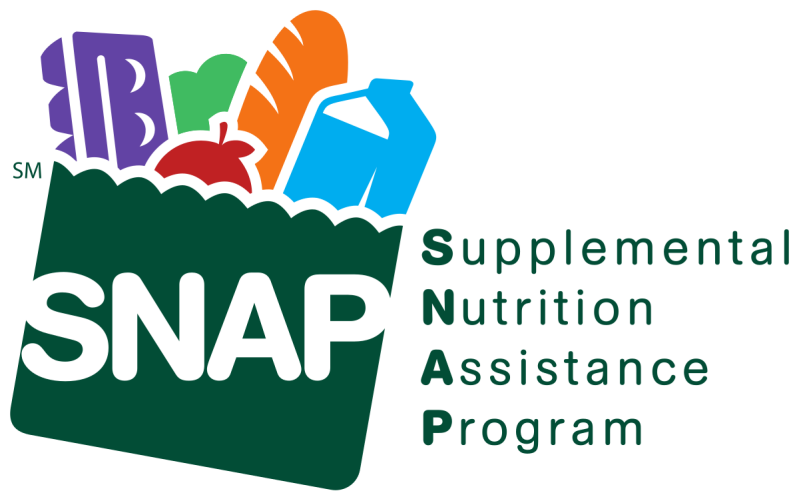
Two federal judges have issued urgent rulings requiring the Trump administration to resume Supplemental Nutrition Assistance Program (SNAP) payments using emergency reserves, temporarily averting a funding collapse that threatened food access for over 42 million Americans. But the administration’s next move—due by Monday at noon—will determine whether this lifeline continues or snaps under political and legal pressure.
🧨 Emergency Funds Must Be Used—Now
The rulings came as SNAP funding was set to lapse on November 1 due to the ongoing government shutdown. In Rhode Island, U.S. District Judge John McConnell ordered the USDA to immediately deploy $5.25 billion in contingency funds to cover November benefits, rejecting the administration’s argument that such funds were reserved for natural disasters. “SNAP benefits have never, until now, been terminated,” McConnell said, adding that the government had previously acknowledged these funds could be used during shutdowns.
In Massachusetts, Judge Indira Talwani echoed the urgency, calling the administration’s refusal to pay benefits “unlawful” and giving officials until Monday at noon to confirm whether they will comply.
📉 Shutdown Fallout Hits Families First
The shutdown’s impact is already being felt. Food banks across the country are reporting surges in demand, and millions of families are facing uncertainty about how they’ll afford groceries this month. SNAP, which provides monthly food assistance to low-income households, costs roughly $8–9 billion per month, meaning the contingency fund may only cover a portion of November’s needs.
The USDA had previously claimed it lacked legal authority to use the emergency funds without congressional approval. But the judges disagreed, citing past precedent—including the 2019 shutdown—when similar funds were used to maintain SNAP operations.
⚖️ Legal Clarity vs. Political Calculus
Despite the rulings, the Trump administration has not yet confirmed compliance. President Trump has directed White House lawyers to seek further clarification, suggesting the USDA may still hesitate to act without explicit congressional direction. Critics say this is a delay tactic that risks deepening the crisis, while supporters argue it reflects a cautious approach to executive authority.
The administration’s decision on Monday could result in:
-
Full restoration of SNAP benefits using all available emergency funds
-
Partial payments, leaving states and nonprofits to fill the gap
-
Continued delay, risking further legal action and public backlash
📣 Don’t Let the Headlines Distract from the Human Cost
While mainstream outlets focus on legal drama and political finger-pointing, the real story is unfolding in kitchens and grocery lines across America. This isn’t just a budget debate—it’s a question of whether the federal government will act to prevent hunger during a shutdown it helped create.
States like Michigan and Massachusetts are already exploring emergency allocations to support families. Advocacy groups warn that any delay in SNAP payments could trigger cascading effects: missed meals, increased reliance on food pantries, and long-term health consequences for vulnerable populations.
The courts have spoken. The funds exist. The need is urgent. Now, the Trump administration must decide whether to uphold its duty—or let millions go hungry while legal arguments stall relief.
Sources: NBC News CBS News The Hill ABC News
Add comment
Comments